by Lisa Cooke | Oct 17, 2022 | 01 What's New, Colonial (US.) Early American, Genealogy Gems Podcast
Episode Show Notes
In this episode, we’re focusing on early Virginia genealogy.
In our first segment, I’ve invited a professional genealogist to join us to help pave the way for tracing our ancestors back to Virginia just prior to the Revolutionary War. Jeri Satterwhite-Dearing specializes in early Virginia research in her work as a professional genealogist with
Legacy Tree Genealogists. In this podcast episode she explains some of the biggest challenges you’ll face when researching early Virginian ancestors, the records you should be looking for, and some of the best resources.
In the second segment, I’ll cover a list of the best websites for Virginia Genealogy.
MyHeritage DNA
Get your MyHeritage DNA kit here


Visit Fort Wayne
Fort Wayne, Indiana is the home of the second largest free genealogy library in the country. Make your plans to visit today. Learn more at https://www.visitfortwayne.com
7 Best Websites for Virginia Genealogy
Formerly known as Virginia Heritage, this website is a “consolidated database of finding aids that provides information about the vast array of manuscripts and archival materials housed in Virginia and West Virginia.”
2. Cyndi’s List: Virginia (state)
A comprehensive and growing list of links to genealogy resources for Virginia research.
A guide to Virginia ancestry, family history, and genealogy (birth records, marriage records, death records, census records, and military records.)
Links to Virginia family history & genealogy resources such as census, birth, marriage, death records & more.
Part of the U.S. GenWeb Project.
From the website: “Part of the online presence of the Library of Virginia, the state archives and reference library. The Library maintains vast and varied collections of print materials, manuscripts, archival records, newspapers, photographs and ephemera, maps and atlases, rare books, and fine art that tell the history of the commonwealth and its people.”
From the website: “The Virtual Jamestown Archive is a digital research, teaching and learning project that explores the legacies of the Jamestown settlement and “the Virginia experiment.” As a work in progress, Virtual Jamestown aims to shape the national dialogue on the occasion of the four hundred-year anniversary observance in 2007 of the founding of the Jamestown colony.”
Become a Genealogy Gems Premium Member
Premium Members have exclusive access to:
- Video classes and downloadable handouts
- The Genealogy Gems Premium Podcast
- Downloadable ad-free show notes PDF handouts
Become a member here.
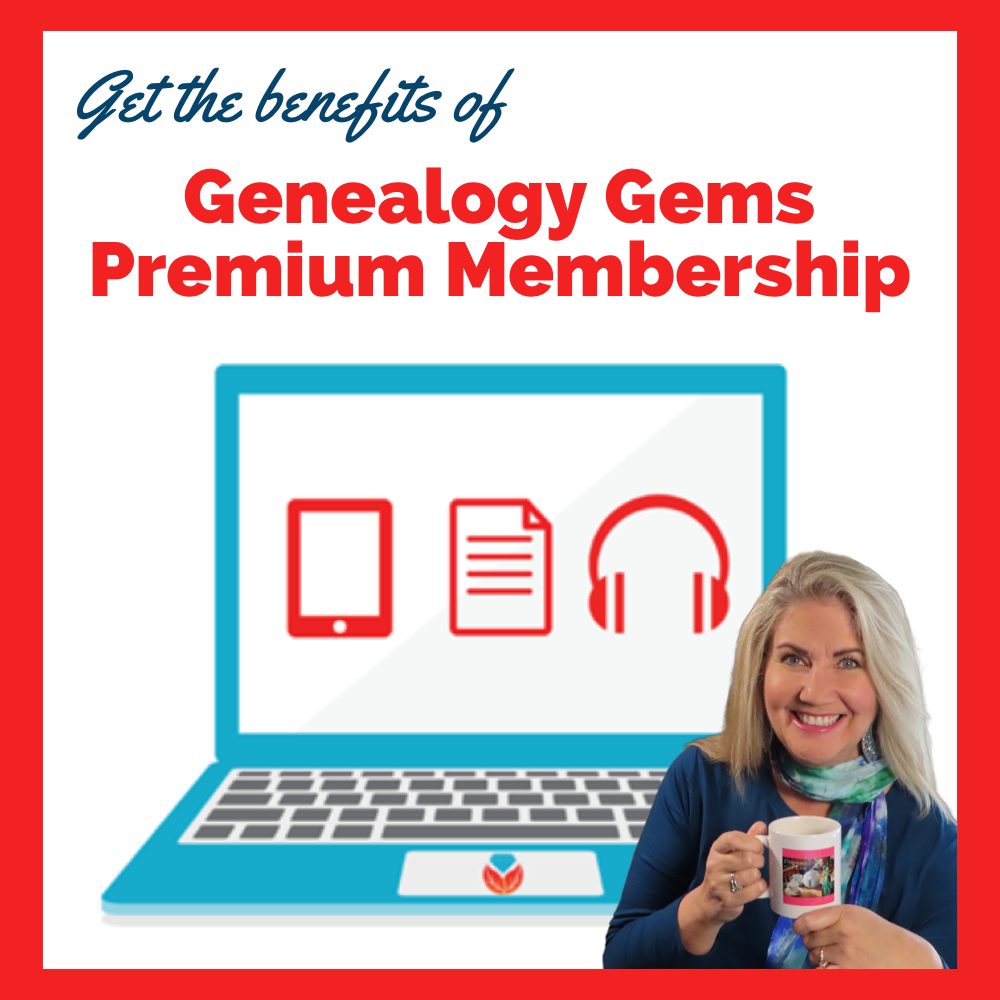
Genealogy Gems Podcast App
Don’t miss the Bonus audio for this episode. In the app, tap the gift box icon just under the media player. Get the app.
Get the Free Genealogy Gems Newsletter
The Genealogy Gems email newsletter is the best way to stay informed about what’s available with your Premium eLearning Membership. Sign up today.
Follow Lisa and Genealogy Gems on Social Media:
by Lisa Cooke | Oct 20, 2017 | 01 What's New, Records & databases
Millions of records from around the world are new at FamilySearch this week, and are completely free! These new collections include Australia, Denmark, Finland, France, Italy, and South Africa. PERSI also got a big update this week at Findmypast, as well as new and updated records for Canada, England, and Ireland.
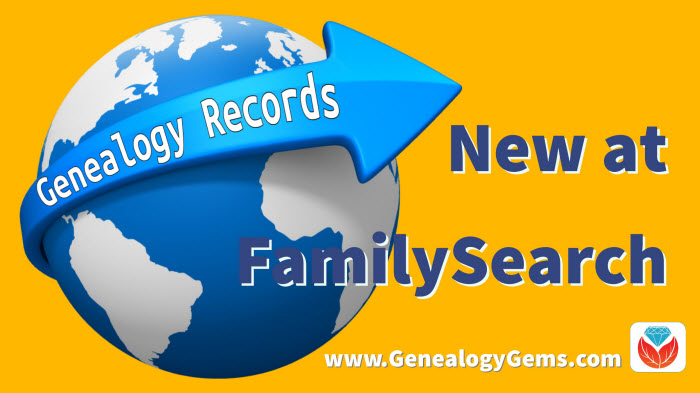
New collections free at FamilySearch
Australia. The new South Australia, Immigrants Ship Papers, 1849-1940 collection includes immigrants’ ships papers, containing a record of births and deaths aboard, 1849-1867 and 1873-1885. Indexed records in this collection include passenger lists arriving and departing from South Australia. (Original records in the State Records of South Australia, Adelaide.) Get started with Australian genealogy research with these tips from an expert at Legacy Tree Genealogists!
Denmark. FamilySearch has been adding census records for Denmark recently, and the latest new collection is the 1921 Denmark Census. This collection includes over 430,000 images, and these census collections were all provided by MyHeritage and previously from the National Archives of Denmark.
Finland. Church Census and Pre-Confirmation Books, 1657-1915: This collection contains church census books and pre-confirmation books kept by the Lutheran Church in Finland. These records come from a database at MyHeritage, citing Kansallisarkisto (National Archives of Finland), Helsinki.
France. Explore over half a million indexed records for Saône-et-Loire, Census, 1856, a complete indexing of the population censuses.
Italy. The Salerno, Civil Registration (State Archive), 1806-1949 collection includes civil registration (stato civile) records of births, marriages, and deaths within the custody of the State Archive of Salerno (Archivio di Stato di Salerno). Almost 6 million images are in this collection, and availability of records is largely dependent on time period and locality.
South Africa. Lastly, this collection of Pietermaritzburg Estate Files 1846-1950 is also new at FamilySearch. Records include death notices, vital records, wills, distribution accounts, and succession duty accounts.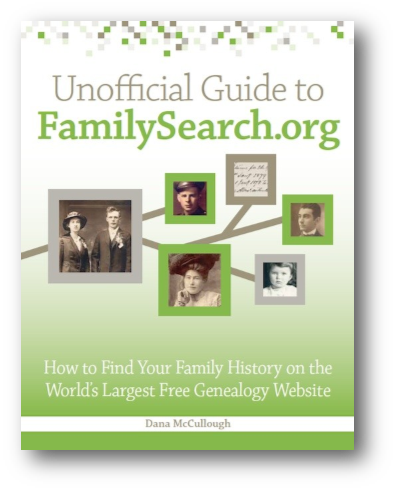
Need help using FamilySearch? The Unofficial Guide to FamilySearch.org by Dana McCullough provides the guidance you need to discover your ancestors and make the most of the free site’s valuable resources. Learn how to maximize all of FamilySearch.org’s research tools–including hard-to-find features–to extend your family tree in America and the old country.
PERSI update at Findmypast
The Periodical Source Index (also known as PERSI) has had another large update at Findmypast. Almost 11,000 new articles and 30,000 new images have been added, covering Pennsylvania, Wyoming, Toronto, and Yorkshire. PERSI is an excellent resource for discovering articles, photos, and other material you probably won’t find using conventional online search methods.
Click here to learn more about PERSI for genealogy research. Genealogy Gems Premium Members can also check out Premium Podcast episode #135 for more tips on PERSI (sign-in required). Not a Premium Member? Click here to get started!
Canada – New & Updated Collections
From Libraries and Archives Canada: Digitization of the Canadian Expeditionary Force Personnel Service Files. “As of today, 502,740 of the 640,000 files are available online in our Personnel Records of the First World War database…Library and Archives Canada is digitizing the service files systematically, from box 1 to box 10686, which roughly corresponds to alphabetical order.”
Ancestry.com updated two of their collections for Canada this week: Ontario, The Ottawa Journal (Birth, Marriage, and Death Notices) 1885-1980 and the Canada Obituary Collection, 1898-2017. Both of these collections come from microfilmed copies of the newspapers.
England Registrations
Recently announced on Twitter: “The General Register Office for England and Wales (GRO) is piloting a service from 12 October 2017 to provide portable document format (PDF) copies of digitized historical birth and death records. The pilot will run for a minimum of 3 months to enable GRO to assess the demand for this service over a prolonged period.” England and Wales records which are available as PDFs in this extended pilot include births (1837 –1916) and deaths (1837 –1957).
Ireland: Historical Newspaper
A new historical newspaper title was added to the British Newspaper Archive this week for Northern Ireland. The Coleraine Chronicle 1844-1910 was published by Alpha Newspaper Group in Coleraine, Londonderry, Northern Ireland. The collection features nearly 3,500 issues and over 26,000 pages.
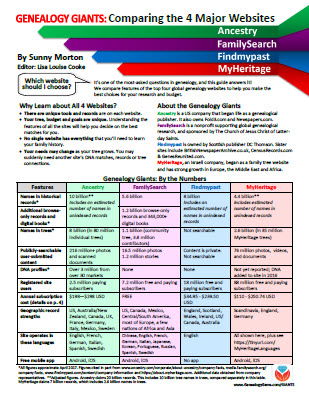 Get the most out of your genealogy records websites subscriptions!
Get the most out of your genealogy records websites subscriptions!
Use the jammed-packed Genealogy Giants cheat sheet by Sunny Morton to quickly and easily compare all of the most important features of the four biggest international genealogy records membership websites: Ancestry.com, FamilySearch.org, Findmypast.com, and MyHeritage.com. Then consult it every time your research budget, needs or goals change. Tables, bulleted lists, and graphics make this guide as easy to use as it is informative. Available in print or digital download.
Disclosure: This post contains affiliate links and Genealogy Gems will be compensated if you make a purchase after clicking on these links (at no additional cost to you). Thank you for supporting the free Genealogy Gems podcast and blog!
by Lisa Cooke | Dec 22, 2016 | 01 What's New, Genealogy Gems Podcast
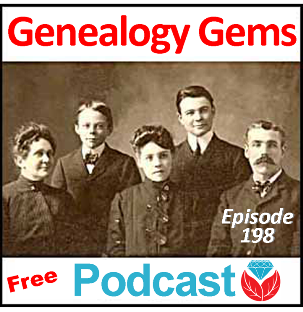
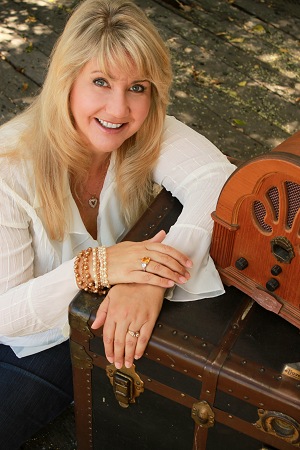
This episode’s got a bit of holiday sparkle! Lisa Louise Cooke welcomes Genealogy Gems Book Club author and Victorian lifestyle expert Sarah Chrisman to the show to talk about Victorian holiday traditions, some of which may still live on in your own life. Following that conversation, Lisa shares a fun description of Victorian-era scrapbooking: how it’s different than today’s scrapbooking hobby but also how it reminds her of modern social media.
More episode highlights:
Three success stories from Genealogy Gems listeners: a Google search with great results, a brick-wall busting marriage record and yet another YouTube find for family history (people keep telling us about those!).
Your DNA Guide Diahan Southard chimes in with what she likes so far about MyHeritage’s new DNA testing service.
An internationally-themed German research conference and a makeover for the Scotland’s People website.
NEWS: GERMAN-AMERICAN GENEALOGY PARTNERSHIP CONFERENCE
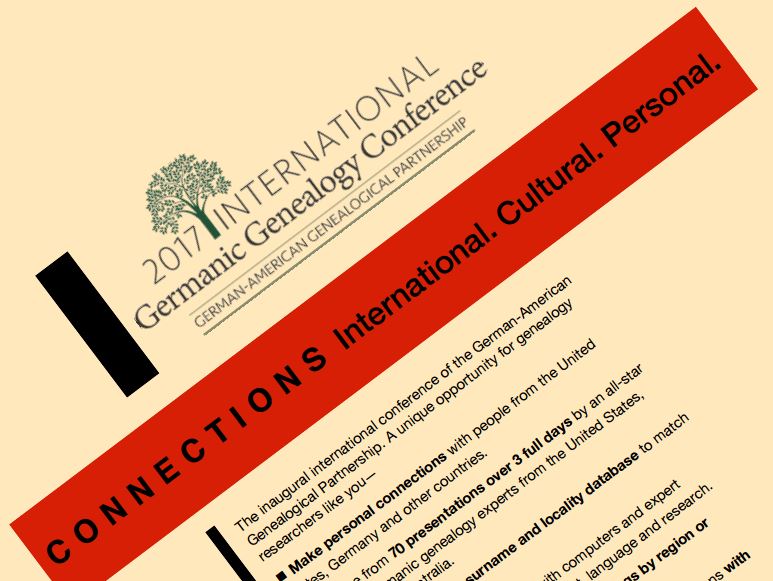
First-ever German-American Genealogy Partnership Conference: Minneapolis, MN, July 28-30, 2017.
70 presentations over 3 full days on the theme, “CONNECTIONS: International. Cultural. Personal”
Topics will include major German-speaking regions; social networking opportunities each day for those with common interests in specific regions
For the full scoop, at www.GGSMN.org and click “2017 GAGP Conference”
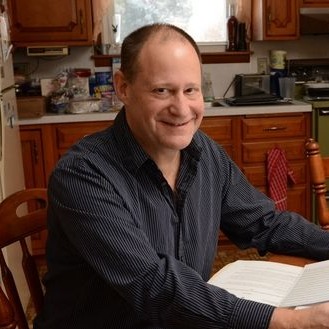
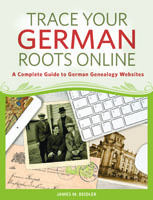
Trace Your German Roots Online by Jim Beidler. Click here to get your copy of this terrific book.
NEWS: SCOTLAND’S PEOPLE
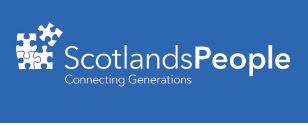
The newly-relaunched ScotlandsPeople website has several exciting new features:
Mobile-friendly web design and an enhanced search function;
A quick search option for searching indexed records by name and an advanced search for specific types of records;
Free access to several records indexes;
More than 150,000 baptism entries from Scottish Presbyterian churches (other than the Old Parish Registers of the Church of Scotland) have been added and more are coming, as well as marriages and burials;
More types of records held by National Records of Scotland are coming, including records of kirk sessions and other church courts;
Explore the site for free, including handy how-to guides for using Scottish records such as statutory records, church registers and census returns.
MAILBOX: GOOGLE SEARCH SUCCESS STORY

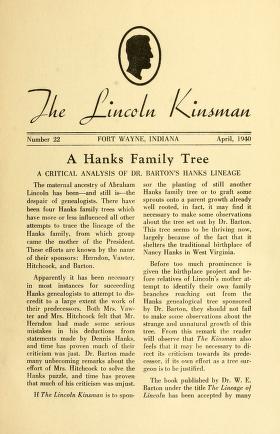
From Joan: “I used one of the handy hints from your presentation at the South Orange County California Genealogical Society’s all day seminar in Mission Viejo, CA. I entered some of my common named ancestors, used the quotes, added a time frame and included some key words, like locations. Most of what I found were my own queries and posts. That shows it works!….
One thing I was amazed at was a multi-page article I found: ‘The Lincoln Kinsman,’ written in 1938. It included a lot of information on the Bush family [which is another of her family lines]. The article even included what I think is my ancestor Hannah Bush Radley.” (Click here or on the image above to see a copy of “The Lincoln Kinsman” at Internet Archive.)
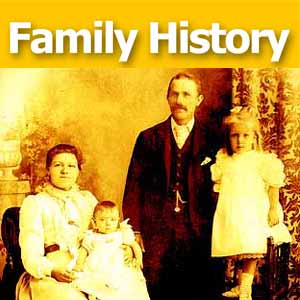
Listen to a free 2-part series on cold-calling distant relatives or others as part of your genealogy research: “Family History: Genealogy Made Easy podcast, episodes 14 and 15.”
BONUS CONTENT for Genealogy Gems App Users:
A handy cheat sheet with 14 tips from that series on cold-contacting distant relatives. It’s updated with brand-new suggestions, including ways to find potential relatives’ names during the research process. The Genealogy Gems app is FREE in Google Play and is only $2.99 for Windows, iPhone and iPad users.
MAILBOX: VONDA BLOGS A MARRIAGE RECORD DISCOVERY
Genealogy Gems Podcast episode 197 that inspired her discovery
Vonda’s blog post on her discovery: “Right Under Your Nose, or at Least, Your Fingertips! Dickey Family about 1909”
MAILBOX: YOUTUBE SUCCESS STORY
Gay entered “Freeport Texas history” in YouTube and found historical newsreel footage of the opening ceremony of a local water treatment plant. She and the women in her family were seated on the front row. Here’s a screenshot from that footage: maybe this is a stylish young Gay in sunglasses? (Watch the video here.)
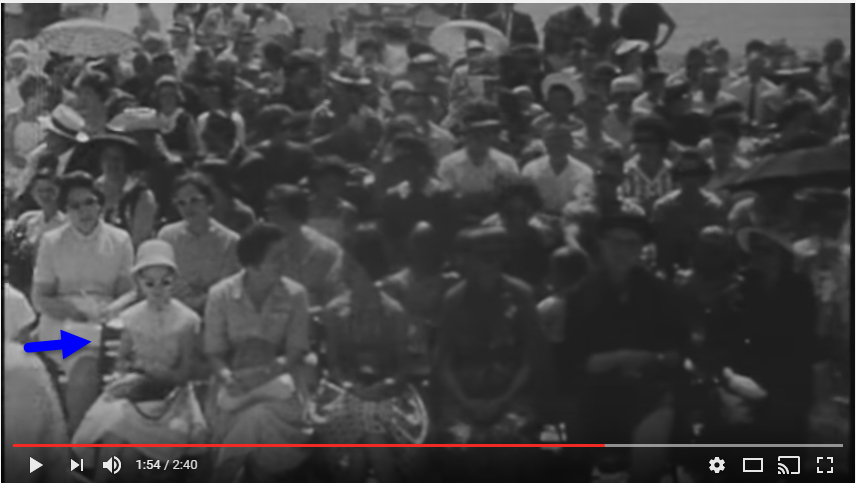
Another amazing YouTube family history find in an old newsreel: Gems Editor Sunny Morton finds an ancestor driving his fire truck?with his dog
Lisa’s book The Genealogist’s Google Toolbox has an entire chapter on discovering family history gems such as these on YouTube.
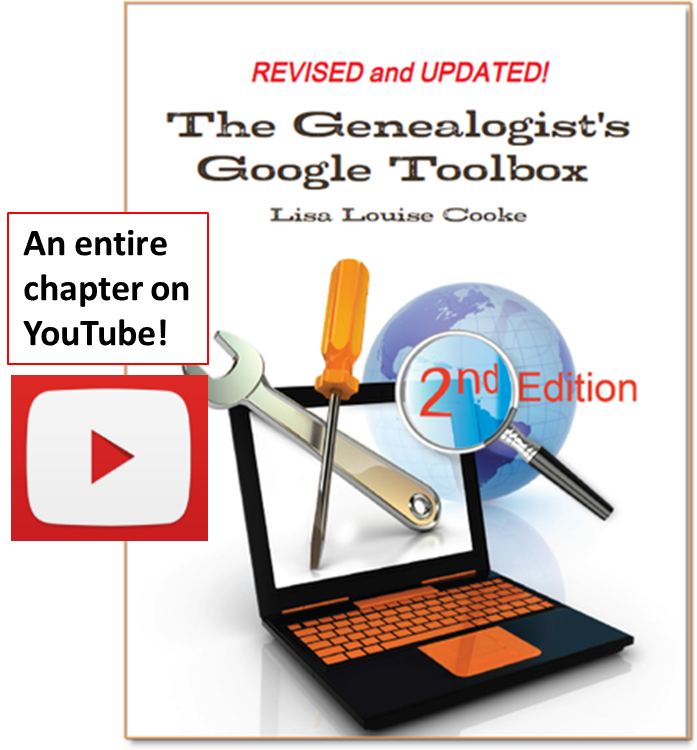
More tips and success stories on using YouTube to find your family history in moving pictures:

Lisa Louise Cooke uses and recommends RootsMagic family history software. From within RootsMagic, you can search historical records on FamilySearch.org, Findmypast.com and MyHeritage.com. By the end of 2016, RootsMagic expects to be fully integrated with Ancestry.com, too: you’ll be able to sync your RootsMagic trees with your Ancestry.com trees and search records on the site.
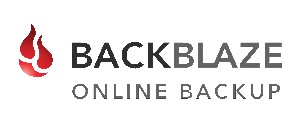
Keep your family history research, photos, tree software files, videos and all other computer files safely backed up with Backblaze, the official cloud-based computer backup system for Lisa Louise Cooke’s Genealogy Gems. Learn more at http://www.backblaze.com/Lisa.
INTERVIEW: VICTORIAN CHRISTMAS WITH SARAH CHRISMAN
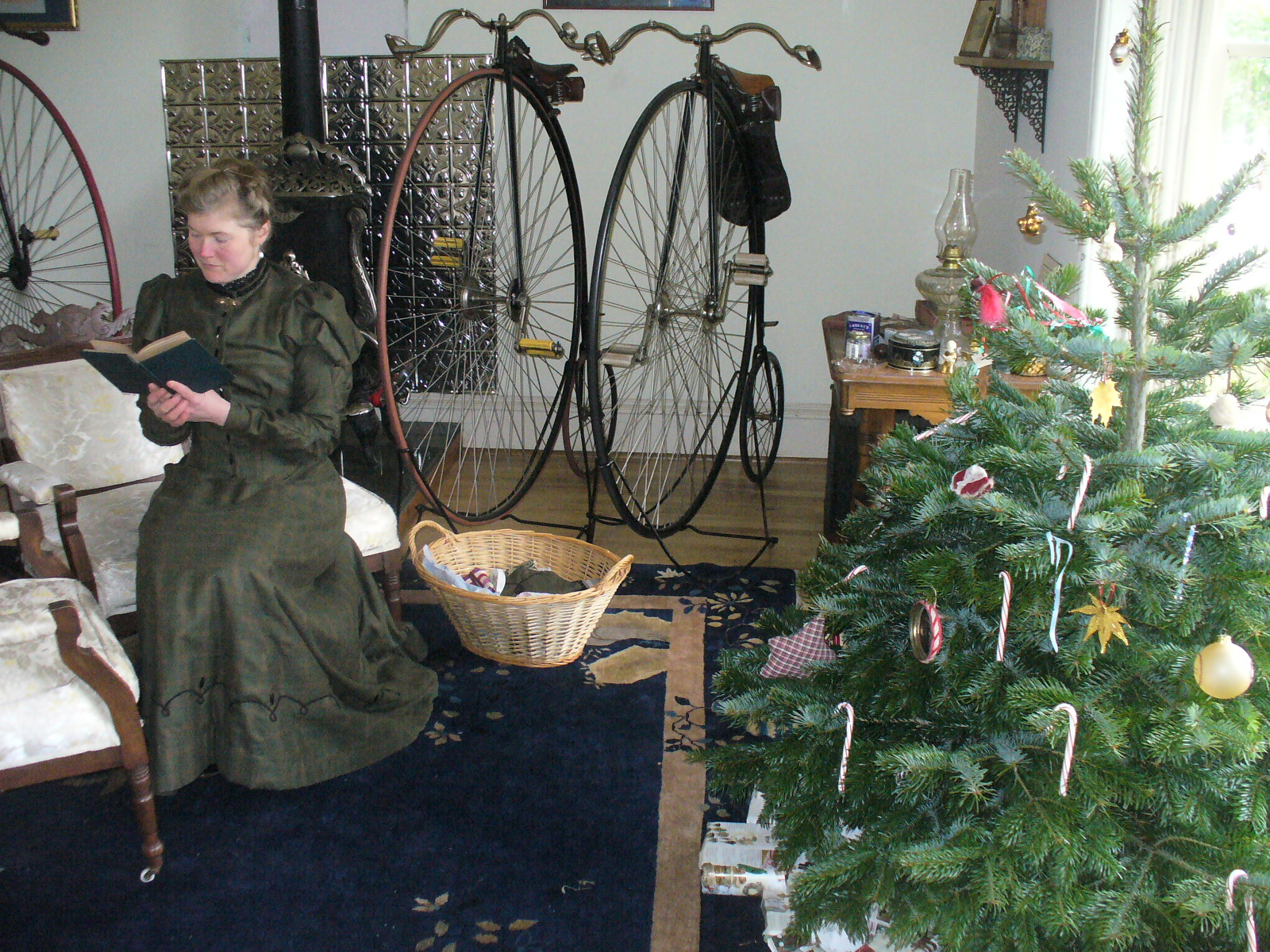
Sarah Chrisman lives her life every day as if it’s the Victorian era. Her clothing, household, pastimes, chores and more all reflect the time period.
Listen as Lisa and Sarah talk about the Victorian Christmas tree; gift-giving, crafts, decorating and things that might surprise us about holiday celebrations during that time.
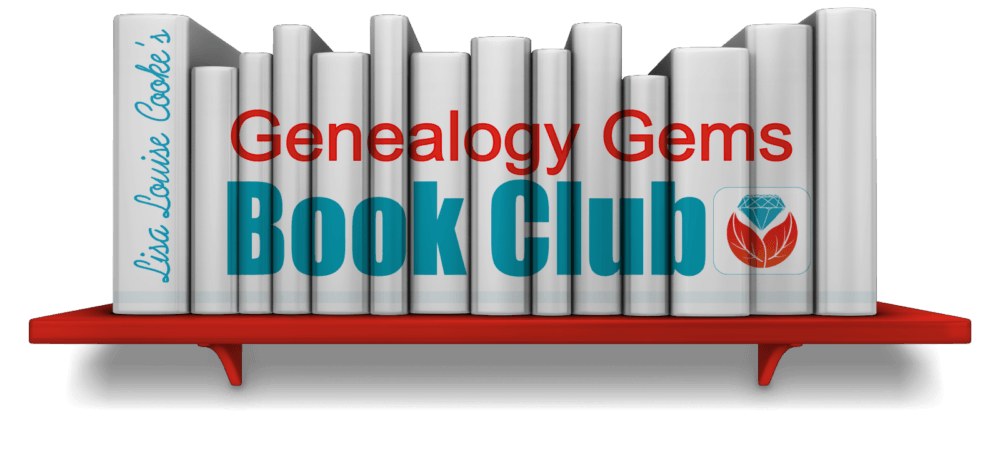
Books by Sarah Chrisman:
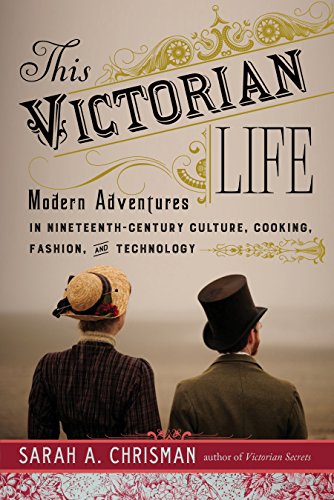
This Victorian Life: Modern Adventures in Nineteenth-Century Culture, Cooking, Fashion and Technologies, a memoir Sarah’s everyday life. The Book Club interview in December will focus mainly on this book.
Victorian Secrets: What a Corset Taught Me about the Past, the Present and Myself;
True Ladies and Proper Gentlemen: Victorian Etiquette for Modern Day Mothers and Fathers, Husbands and Wives, Boys and Girls, Teachers and Students, and More;
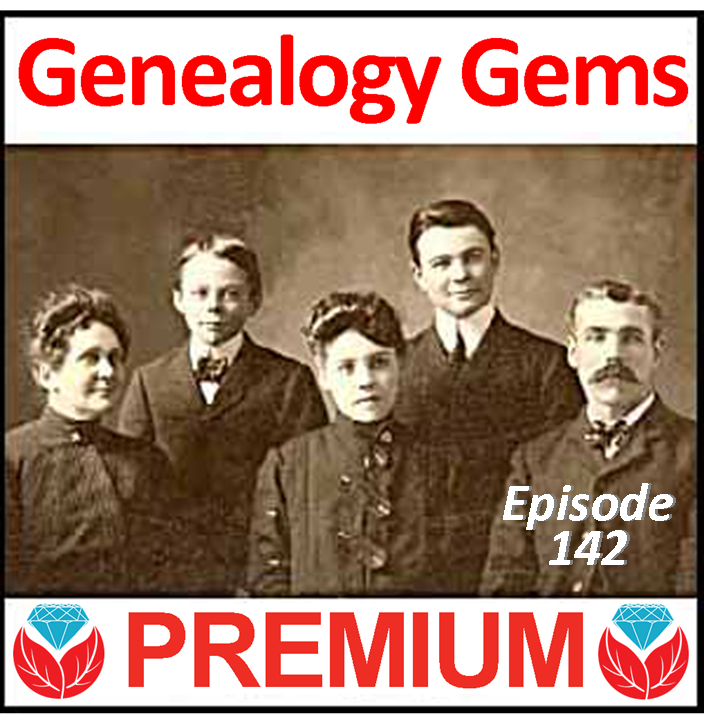 First Wheel in Town: A Victorian Cycling Club Romance. This is from her series of light-hearted historical fiction set in an era she knows well!
First Wheel in Town: A Victorian Cycling Club Romance. This is from her series of light-hearted historical fiction set in an era she knows well!
Sarah Chrisman joins me again later this month on the Genealogy Gems Premium podcast episode 142 to talk about what it’s like to live every day like it’s the late 1800s. Don’t miss it! Not a Premium member? Click here to learn more about the perks of membership!
Legacy Tree Genealogists provides expert genealogy research service that works with your research goals, budget and schedule. The Legacy Tree Discovery package offers 3.5 hours of preliminary analysis and research recommendations: a great choice if you’ve hit a brick wall in your research and could use some expert guidance. Click here to learn more.
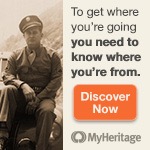
MyHeritage.com is the place to make connections with relatives overseas, particularly with those who may still live in your ancestral homeland. Click here to see what MyHeritage can do for you: it’s free to get started.
GEM: VICTORIAN SCRAPBOOKING
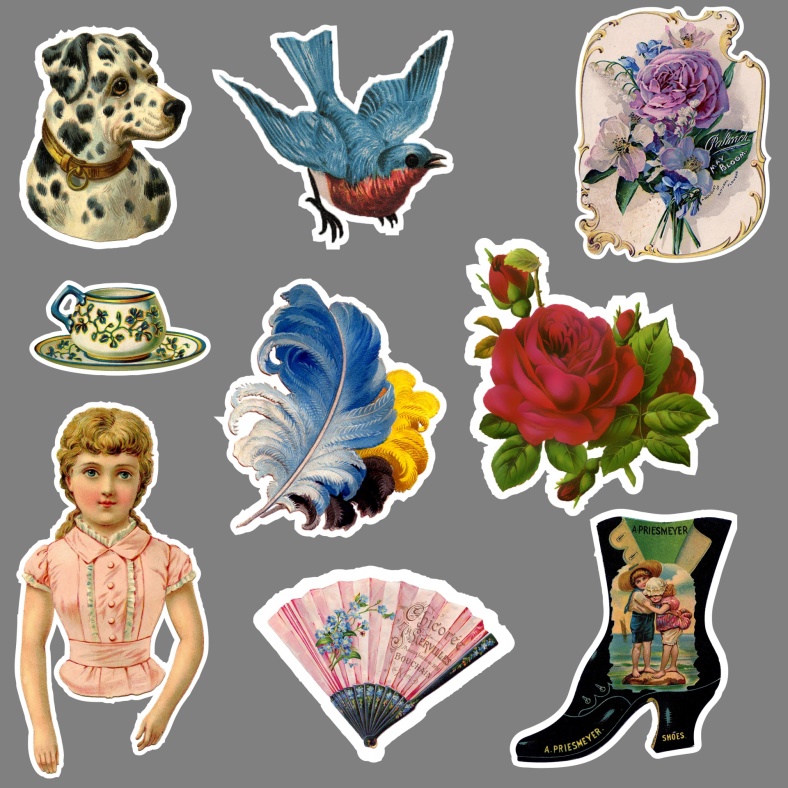
The Victorians coined the phrase “scrapbooking:” they literally pasted paper scraps into books. As an embellishment, those who could afford to bought “relief scraps,” such as the ones shown here. These were like the precursors of modern sticker sheets or die cuts, printed just for the scrapbooking hobby. You could buy colorful images of everything from flowers or children to animals, or angels or Father Christmas. These images were raised or embossed on the paper, which is why they called them reliefs.
Relief scraps could be used as embellishments around other items on scrapbook pages, but sometimes they were the only decoration on a page, arranged in pretty patterns.
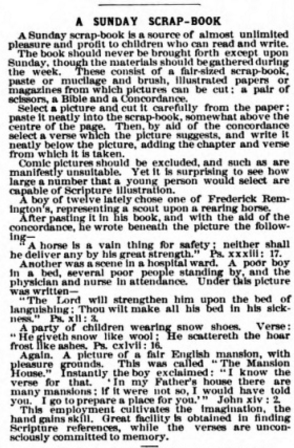
This Ladies Home Journal magazine from May 1891 at HathiTrust Digital Library describes quote “a Sunday Scrap-book?as a source of almost unlimited pleasure and profit to children who can read and write.”
Victorian Scrapbook Gallery at the Library of Birmingham
DNA WITH DIAHAN, Your DNA Guide
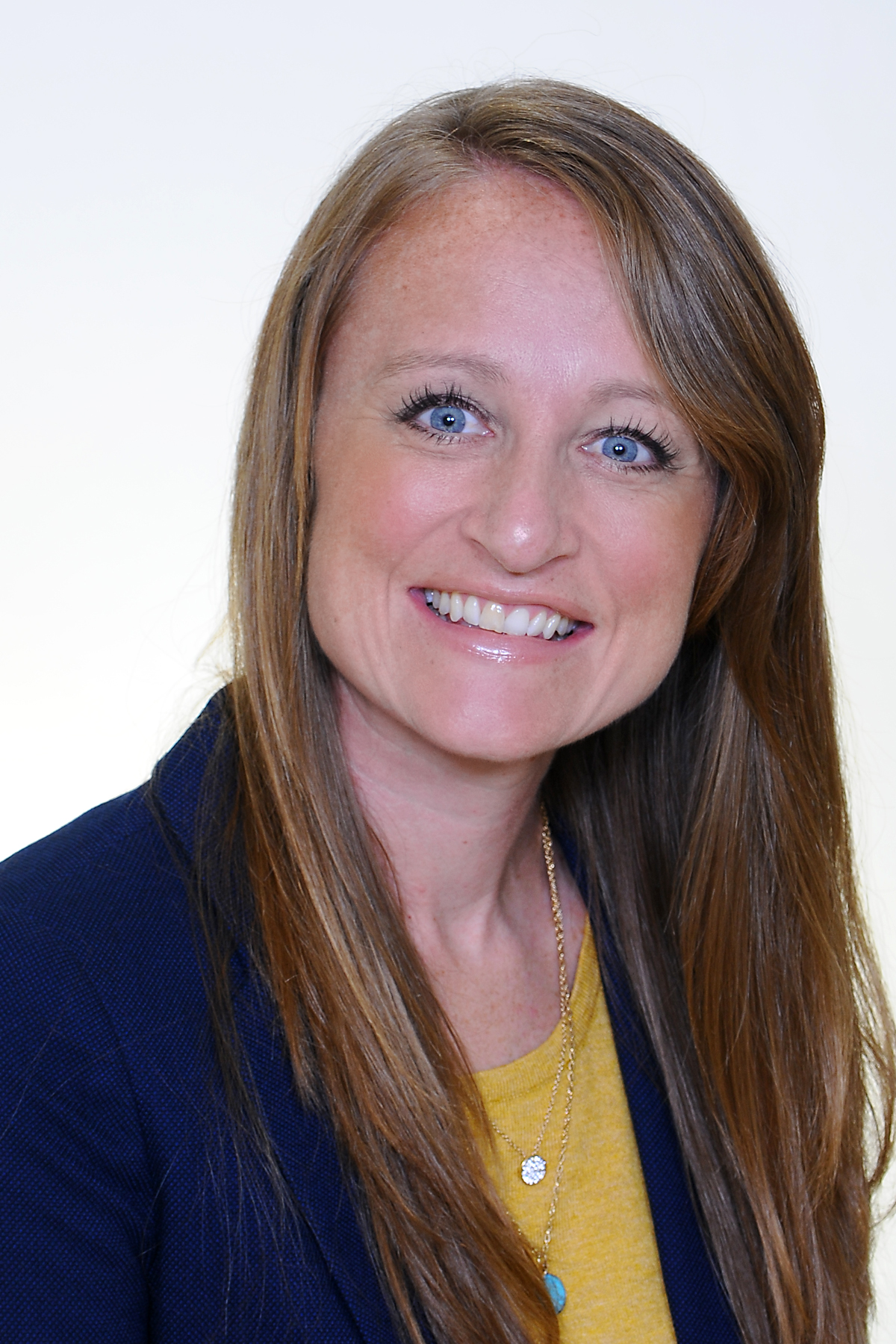
I don’t think there is any dispute that the four major online resources for genealogy include Ancestry.com, FamilySearch.org, Find My Past, and My Heritage. Of those four, only Ancestry.com has attempted any real integration of DNA test results into traditional genealogy.
That is, until recently. On May 19, 2016 MyHeritage announced that they will be adding a DNA matching service to their offering, and then on November 7th announced they would be conducting DNA tests themselves. Now, MyHeritage has enjoyed partnerships with 23andMe and Family Tree DNA for quite some time now, but those partnerships have been woefully underutilized and are little more than an affiliate service, where MyHeritage provides a discounted rate to test at those companies.
There is no question that the launch of DNA Heritage fully into the genetic genealogy market is exciting news. In fact, it is something I have been pushing for ? we absolutely need someone to challenge AncestryDNA. Competition is good.
In September they began to provide matching results for individuals who had uploaded their results. As of today, uploading your results is still free, so if you have been thinking about it, you may want to take advantage sooner rather than later. As expected, the matches are only as good as the depth of the database, and it is early in the game, so their database is small, but even now we can get an idea of what to expect from MyHeritage as they take their first steps into genetic genealogy.
One of the most exciting elements of their November 7th announcement is their development of a Founder Population project where they have handpicked individuals to represent their reference population for calculating ethnicities. They plan to launch with 25 population groups, but will likely increase to 100 in a fairly short amount of time. This is a far more advanced ethnicity report than is currently offered anywhere else.
After you have figured out how to download your raw data from your testing company (see my instructions here: http://www.yourdnaguide.com/transferring), and then managed to add it to My Heritage (you have to add a family tree to MyHeritage to do this, see further instructions in their May press release), and waited the requisite time to process, you will receive a notice that you have new DNA matches.

For a full review of the features and ins and outs of where to click and what to look at, please refer to the September blog post from MyHeritage.
As for my favorite features, I like how they list all the possible relationships that make sense between you and your match taking into account multiple factors like your age, gender, and your genetics instead of a simple, generic range like 2nd-4th cousins. The accompanying chart that visually shows you all possible relationships is also very helpful. You can access it by clicking on the little question mark icon next to the relationship suggestions. I like that these suggestions remind us that our genetic relationships have different genealogical interpretations. Meaning that genetically, a 2nd cousin once removed, a first cousin twice removed, and a second cousin, all fall within a similar genetic range and it is impossible to determine your exact relationship based on the genetics alone.
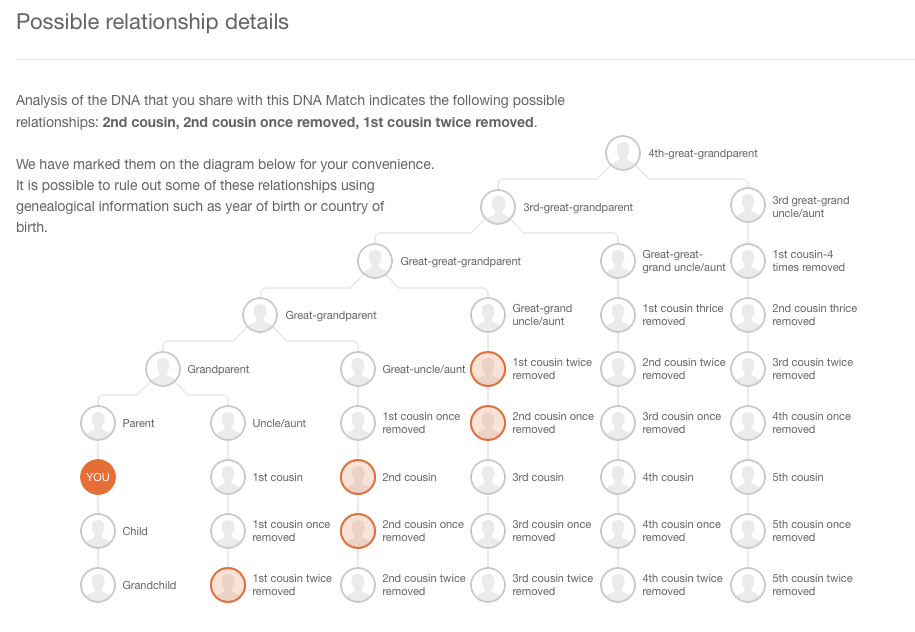
I also like that they are providing all three genetic descriptors of your relationship: total amount of shared DNA, how many segments are shared, and the size of the longest piece of shared DNA. While this more of an intermediate to advanced piece of your results, it can be important as your relationship analysis becomes more involved.
One unique claim made by MyHeritage in their press release about their matching feature addresses a main concern that genetic genealogists have: the lack of pedigree information provided by their matches. MyHeritage claims that 95% of their DNA samples have pedigrees attached. That is remarkable! However, from my own quick calculation of my matches, the number with pedigrees is more like 60%.
They also indicated that they will soon be doing a bit of pedigree analysis for you by providing a list of shared surnames and locations between you and your match based on the pedigrees you have both submitted. This will certainly be a welcome addition.
According to the November 9th Q and A they haven’t decided yet if the ethnicity features will be available to those who only transfer, and they hint at many more features they have in the works that may only be offered to those who purchase their test.
In short, the MyHeritage site is currently functioning much like the top three genetic genealogy sites (Ancestry, Family Tree DNA, and 23andMe) and like the free tool Gedmatch, offers a meeting place for those who have been tested at one company to meet those who have tested at another, with the added bonus of a promise of new features on the horizon.
PROFILE AMERICA: A DICKENSENIAN TALE
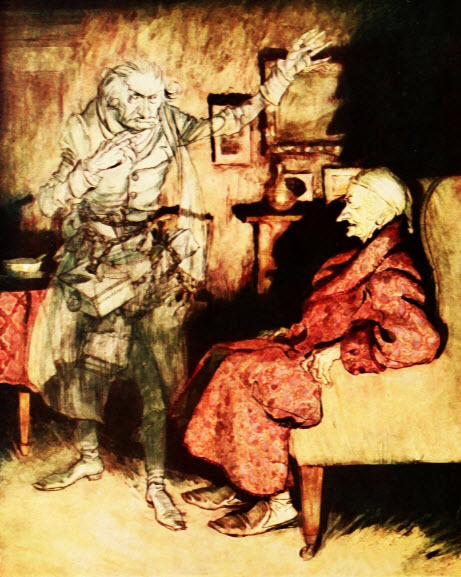
PRODUCTION CREDITS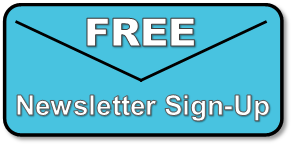
Lisa Louise Cooke, Host and Producer
Sunny Morton, Editor
Amie Tennant, Content Contributor
Vienna Thomas, Audio Editor
Lacey Cooke, Additional Production Support
Check out this new episode!
Disclosure: This article contains affiliate links and Genealogy Gems will be compensated if you make a purchase after clicking on these links (at no additional cost to you). Thank you for supporting Genealogy Gems!
by Lisa Cooke | Jun 24, 2014 | 01 What's New, Family History Podcast, Listeners & Readers
Family History: Genealogy Made Easy Podcast
with Lisa Louise Cooke
Republished June 24, 2014
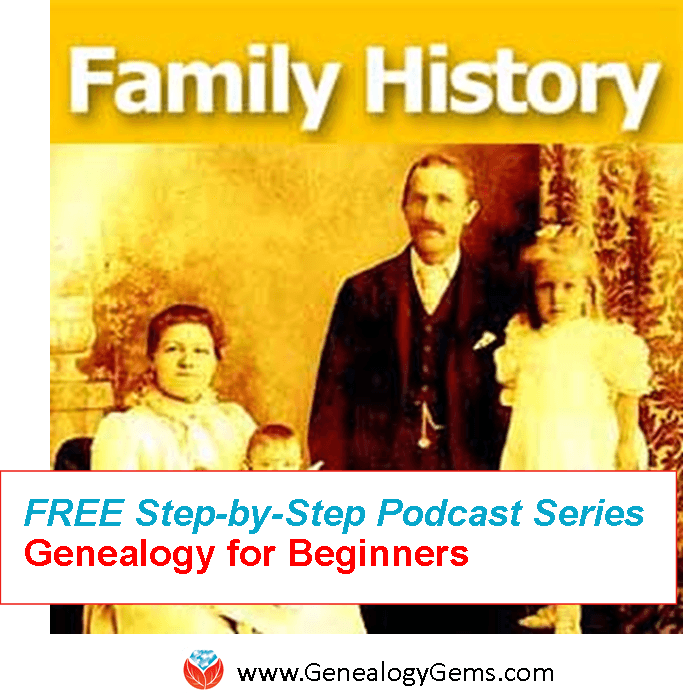
Listen to the Family History: Genealogy Made Easy podcast by Lisa Louise Cooke. It’s a great series for learning the research ropes and well as refreshing your skills.
https://lisalouisecooke.com/familyhistorypodcast/audio/fh37.mp3
Download the Show Notes for this Episode
Welcome to this step-by-step series for beginning genealogists—and more experienced ones who want to brush up or learn something new. I first ran this series in 2008-09. So many people have asked about it, I’m bringing it back in weekly segments.
Episode 37: Your Genealogy Questions Answered, Part 2
Today’s show is all about YOU! Just like Episode 36, this episode is made up completely of your emailed questions, comments and stories. Joining me on today’s episode to read your emails again is my daughter, Lacey Cooke.
Question: Is there a way to get iTunes to download all of the podcasts instead of just the most recent ones? I thought I saw it on the website somewhere but now I can’t find it. –Melanie Armstrong
Answer: (updated since the podcast originally aired): In your iTunes LIBRARY, on the line where the Genealogy Gems Podcast is listed click the GET ALL button. This will download all the past episodes to iTunes on your computer, to be listened to at your convenience. Downloading will take several minutes. You will see a little spinning orange circle to the left of the podcast name as it downloads. Once the episode is downloaded the text will turn from gray to black. Double click the episode and it will start to play after a moment or two.
Question: I use the free forms at Family Tree Magazine’s website. Do you keep your old Family Group Sheets on file so you can double check them later? – R. Butler
Answer: I love all those free forms at Family Tree Magazine! I’ll tell you the truth, I decided to throw mine away. I transcribed everything into my database and threw away the paper. Everything is properly sourced there, which is key. I avoid duplicating efforts, which has happened to me when looking back at old paper forms. If I need to double-check things, I do it from the actual sources—the birth or death certificate or interview—not from the family group sheet. The only exception is if the group sheet is part of a brick wall case file that I haven’t solved yet. I keep them until the case is solved, and then the cited answers go into the database.
Question: How do you know when records/indices are complete? I have been looking for immigration records for my family and cannot find them.
They came in large family groups, so you would think it would be easy to find. Even though the name (Mauge) is often misspelled (Mange, Mauga) I cannot find them at Ellis Island, Steve Morse’s website, The National Archives or through my Ancestry.com subscription. The years span 1880 through 1885. Are these immigration records complete or am I looking in the wrong place? -Anne-Marie Eischen
Answer: There are many factors involved here, and many avenues to pursue. Based on other information you told me about your family’s arrival, here are some ideas:
- The Family History Library has microfilm of the Baltimore Passenger lists between 1920 and 1897 – and it lists the main author as the U.S. Dept of the Treasury, Bureau of Customs. Passengers are indexed by soundex and the soundex code for Mauge would be M200. But considering the variations you have found of the name you’ll want to arm yourself with the soundex codes for all those variations. The M200 names are on Film # 417302 which I found in the Family History Library catalog and familysearch.org and you can just go to your closes Family History Center and order the film for under $10 and they will send it to you to view at the center.
- Check the at the Immigrant’s Ships Transcribers Guild website.
- Click here for a great summary of Baltimore passenger lists by Joe Beine online.
- You will also find an index for Baltimore passenger lists between 1820 and 1897 at the Allen County Public Library in Fort Wayne, IN.
- Look closely at your source for the port information, and see if you can locate any other verification of that. Maybe she actually arrived through another port.
- Usually I would tell you to check departure lists, but in this case, departure lists for Bremen for that time period are not available.
- Here’s a great book recommendation for you: Finding Your Chicago Ancestors by Grace DeMelle.
Question: I wanted to share the results of my Google Alerts. My father had red hair and was called “Red” most of his life. So when I ask for “Red” Browning in my alerts, I have received information on the red Browning sweater (the Browning clothing line), a red Browning rifle case (they make guns) and recently the Cincinnati Reds Tom Browning went to jail (the Red’s Browning…). Alas, nothing yet on my Dad! Another family name is Gorry – you can imagine what I got last Halloween! I do love the alerts though – and have added eBay alerts too, thanks to you. Keep encouraging us and thanks for the great tips! -Joan Ketterman
Answer: I’m not sure how much I can help with that one – keep playing with the “plus” and “minus” signs in your searches to refine what you’re looking for. And I’m glad you’re using those eBay alerts. Learn more about eBay alerts in Genealogy Gems Podcast Episode 140. Note: Genealogy Gems Premium Members can learn more about Google Alerts in Premium Podcast Episode 28.
Comment: On the podcast you recommended using Google Books. I have a “gem” for you….I have a link where the LDS church has archived loads of family history books: http://www.familyhistoryarchive.byu.edu. Follow the link and type in the surname of your choice. I have found some wonderful stories there about my ancestors. – Susan in West Palm Beach Florida
Note: The BYU Family History Archive she references has migrated into the Family History (Digital) Books collection at FamilySearch along with the digital book collections of other repositories/ They are now searchable at FamilySearch.org.
Question: This is just something that bugs me. WHICH is the correct pronunciation of Genealogy??? GEEN-e-alogy (with a long “e” at the beginning) or Gen-e-ology (with a short “e” at the beginning)?
Answer: I’ve heard it both ways and I’ve pronounced it both ways. But when I went to Dictionary.com, they actually have an audio pronunciation and they say, GEEN-e-alogy, with a long “e” at the beginning. However you pronounce it, it’s a barrel of fun!
Question: How can I learn more about the Freedom of Information Act?
Answer: Listen to Genealogy Gems Podcast Episode 20 and Episode 21. It’s also covered in my book Genealogy Gems Ultimate Research Strategies.
Question: Hello, I just finished listening to the June Family Tree Magazine Podcast. I have been wanting to write to you for months now to ask you this question: Who is the musician playing the guitar music during the podcast? My husband is a big Chet Atkins fan and I thought it could be Chet but my husband says no just from listening to it. Can you please provide me with the musicians name? -Melissa Roberge
Listen to this episode to find out the answer!
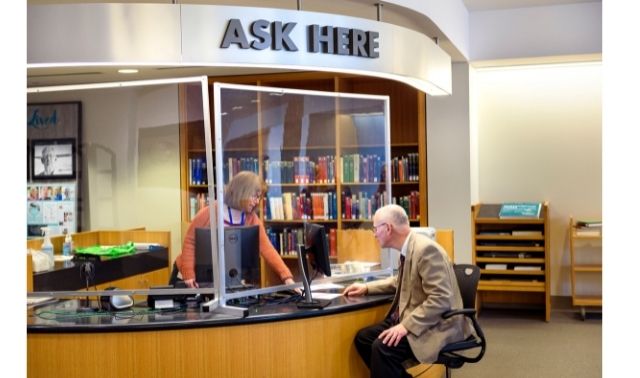























 First Wheel in Town
First Wheel in Town







